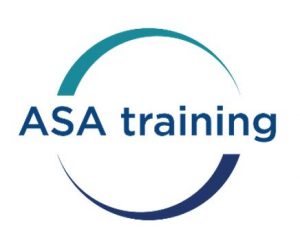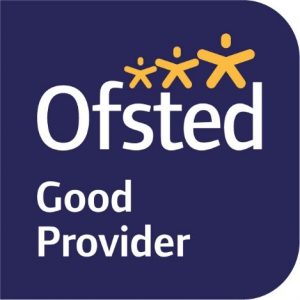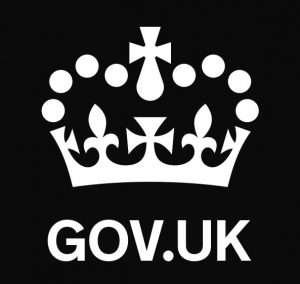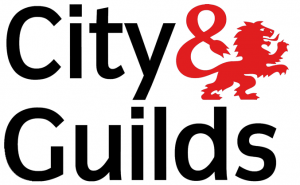Purpose
The purpose of this document is to define how prior learning, both accredited (APL) and recognised (RPL), is assessed and accounted for as part of a student’s Apprenticeship programme.
Scope
This policy should be implemented at the start of each student’s Apprenticeship, ensuring the student, Employer and tutor are cognisant of the programme length, content (including Off-the-Job (OTJ) content/ hours requirement) and total price, prior to commencement. The policy is also applicable where a student ‘restarts’ their Apprenticeship, for example in the case of a change of employer after a ‘gap’ in learning, but not where a student returns from a Break in Learning.
Policy Statement
To satisfy the requirements of both the Education & Skills Funding Agency (ESFA) and Ofsted, it is essential that a skills gap analysis is undertaken with every apprentice to identify existing knowledge, skills and behaviours. This sets the starting point for the student’s learning, allowing the tutor to tailor the programme to best suit the needs and requirements of the individual to ensure they achieve.
The process of recognising prior learning as part of an Apprenticeship preceded the reforms. However, the requirement to agree a price with the employer (comprising delivery and EPA), the introduction of the minimum 20% OTJ requirement and the 365-day minimum programme duration rule (and extension for those below 30 hours) were new and must be considered when establishing a student’s eligibility/ suitability.
When a student is identified as having prior learning in the form of carry over accreditation or being ‘qualified by experience’, their length of programme will be reduced proportionately to reflect the level of knowledge, skills and behaviours previously obtained. Where the student’s programme length is reduced resulting in them not being able to fulfil their minimum duration, the student will be deemed ineligible for the Apprenticeship. This is to ensure students are not learning what they already know and continue to develop throughout the duration of their programme.
The ESFA has stated they will not fund any existing knowledge development, therefore, where prior learning is identified, the price of the programme must also be reduced to reflect this.
Process
Accredited Prior Learning
The Apprenticeship enrolment forms (including signatures), are captured digitally using a PICS’ ‘Form Capture Application’ (FCA) tool. They include a section focussing on the student’s prior learning and comprise the below points:
- A Skills Scan is sent to the applicant prior to completion of the PICS form.
The applicant will score themselves 0-10 (10 being top score) on each one of the areas of knowledge, Skills and behaviours in the desired qualification. If an applicant’s skills scan indicates a medium to high score we will ask for supporting evidence (certificates) or supporting comments. If the applicant is already employed then the employer will need to review and agree to the scoring the applicant has given themselves.
- An occupational competency multiple choice test is also sent to the applicant prior to enrolment as a further measure of the learners knowledge. This is not done for every qualification currently however / or where a skills scan will suffice.
Is the student currently undertaking any other Government funded programme? – If the student declares ‘Yes’, this is raised with the employer as an eligibility issue. Other eligibility checks related to funding are also carried out prior to enrolment for a funded qualification.
- Prior qualifications obtained, including level, grade and place of learning (Inc. Apprenticeships & Traineeships). – If the student has undertaken programmes at the same level or in the same industry, a unit mapping exercise should be conducted to confirm eligibility.
- English, Maths and ICT – All students undertake a mandatory initial assessment for Maths and English using an industry acknowledged assessment tool, the result determines the level of functional skill applied.
If a student declares prior attainment, certificates will be sought for confirmation. If these are not obtained within 3 months, functional skills delivery should commence to ensure the student completes the required level of functional skill in time for Gateway.
- Employment/work experience within the related industry & existing vocational skills and experience – Evidence to supports the mandatory Skills Assessment as part of the assessment of recognised prior learning.
- Progression and employment ambitions – Allows the tutor to provide suitable IAG. At the enrolment stage this is provided to ensure the chosen Apprenticeship is relevant to their job role & aspirations. At completion, IAG is provided to advise the student of suitable progression routes.
Once the student has had sight of the ESFA’s Privacy Policy and signed to confirm they have done, ASA will access the student’s Personal Learning Record (PLR) on the Learning Records Service (LRS) and will either:
- Confirm the information declared is correct.
- Identify accredited learning not declared on the enrolment form.
- Investigate accredited learning declared but not present on the PLR – this will be achieved through requesting copies of certificates from the student and employer.
Where a student has previously studied towards another programme in a similar industry or at the same level, a mapping exercise will be conducted to establish knowledge carry over. The price and length of programme will be subsequently reduced to reflect this.
Recognised Prior learning
RPL is determined by way of a sector specific skills assessment which is undertaken with each student at the start of their programme. The skills assessment requires the student to specify their level of ‘Developmental Need’, by selecting one of four options, these being ‘Substantial’, ‘High’, ‘Moderate’ and ‘Limited’.
Where a student assesses their own developmental need as ‘Substantial’ for a topic, there is no effect to the programme length or price as the student requires full knowledge development. If the student chooses any of the three remaining options, the price and length of programme are reduced to accommodate the reduction in content to be delivered.
Establishing the student’s knowledge gaps allows the tutor to focus on developing those areas in advance of Gateway. Tutors should challenge and probe where students claim they have a reduced development need to ensure the student is aware of the full requirements of that subject area to achieve EPA. All areas of the programme should still be covered but the extent of which will be determined by the assessment scan.
NEBDN Apprenticeships
If a learner enrols on the NEBDN Dental Nurse Apprenticeship, then the NEBDN Recognition of Prior Learning must also be followed. The NEBDN policy states outright that no prior learning is recognised for their qualifications. This is justified as a means to maintain the validity and reliability of their qualifications, particularly in safeguarding patient safety in dental practices.







